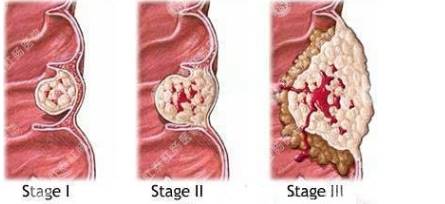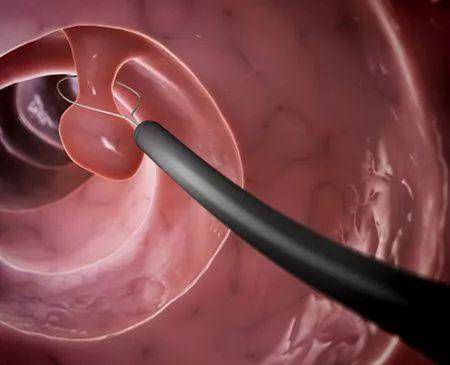
Speaking of colorectal cancer, many people should be familiar with it. It is the third most common cancer in the world after lung cancer and breast cancer, and its mortality rate ranks fourth among all tumors.
Can colon cancer be prevented?
Can. The precursor of colorectal cancer is composed of small polyps, and it takes a long time of 8-10 years for polyps to turn into cancer, so we have enough time to prevent polyps from turning into cancer.

The regional distribution of colorectal cancer in my country has obvious regional characteristics. The incidence of colorectal cancer is high in the developed eastern regions and low in the central and western regions. The incidence of colorectal cancer is high among urban residents and low among rural residents. The reason why the incidence rate of colorectal cancer in my country has been increasing in recent years is closely related to China's rapid economic development in recent years.
It is often said that "diseases come from the mouth", and colorectal cancer is a typical example.

How to prevent it?
1. Colorectal cancer screening
①Remove polyps
The precursor of colorectal cancer is polyps. Polyps are detected through early examination, and cancerous polyps are removed.
②Stool examination
The article is not finished. Click on the next page to continue.
The article is not finished. Click on the next page to continue.
Next page


















